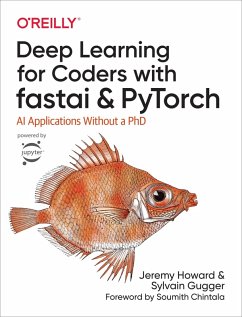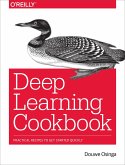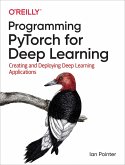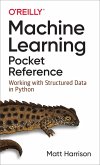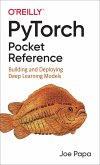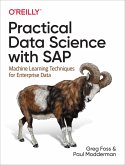Deep learning is often viewed as the exclusive domain of math PhDs and big tech companies. But as this hands-on guide demonstrates, programmers comfortable with Python can achieve impressive results in deep learning with little math background, small amounts of data, and minimal code. How? With fastai, the first library to provide a consistent interface to the most frequently used deep learning applications.Authors Jeremy Howard and Sylvain Gugger, the creators of fastai, show you how to train a model on a wide range of tasks using fastai and PyTorch. Youll also dive progressively further into deep learning theory to gain a complete understanding of the algorithms behind the scenes.Train models in computer vision, natural language processing, tabular data, and collaborative filteringLearn the latest deep learning techniques that matter most in practiceImprove accuracy, speed, and reliability by understanding how deep learning models workDiscover how to turn your models into web applicationsImplement deep learning algorithms from scratchConsider the ethical implications of your workGain insight from the foreword by PyTorch cofounder, Soumith Chintala
Dieser Download kann aus rechtlichen Gründen nur mit Rechnungsadresse in A, B, BG, CY, CZ, D, DK, EW, E, FIN, F, GR, HR, H, IRL, I, LT, L, LR, M, NL, PL, P, R, S, SLO, SK ausgeliefert werden.
Hinweis: Dieser Artikel kann nur an eine deutsche Lieferadresse ausgeliefert werden.

